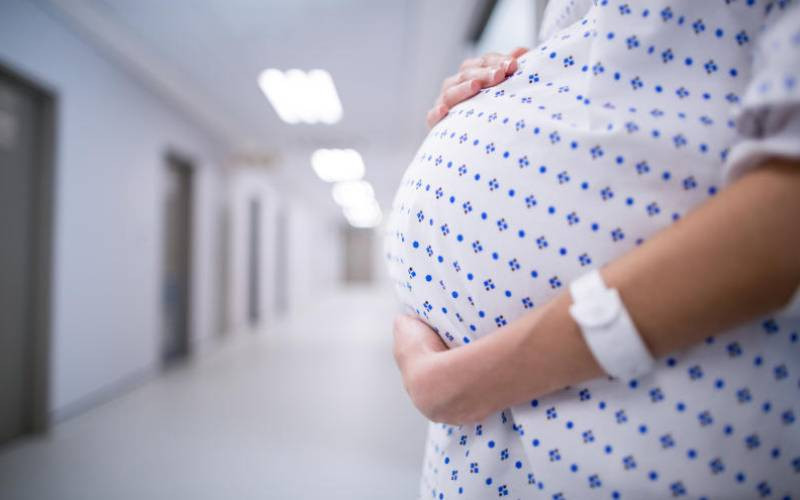
Childbirth is an ecstatic moment that marks the start of a new phase of family life. The majority of women experience good emotions, quickly adjusting to the arrival of a new family member. But a small number of women end up with negative emotions following childbirth, which may be transient or at worst portend a more serious situation.
About two to three days after childbirth, some women begin to feel depressed, anxious and upset. They may feel angry with the new baby, or their partners. Other symptoms may be crying for no apparent reason, having trouble eating, sleeping or even making simple decisions. Such feelings are fairly common, and are referred to as post-partum blues. Luckily, post-partum blues usually resolve within a few days, or in one to two weeks without any treatment.
Post-partum blues must be differentiated from the more serious condition called postnatal depression (PND). Women with PND have more intense feelings of sadness, anxiety or despair that prevent them from being able to do their daily tasks. PND symptoms typically occur about one to three weeks after childbirth, but can also occur up to a year after having your baby. If you or your family members suspect you have PND, you must seek prompt treatment. Worsening symptoms can lead to self-harm, or even get you to harm your newborn baby.
There are many factors that may predispose you to PND. A previous history of depression at any time in your life puts you at increased risk. If your pregnancy was unplanned and unwanted, your risk also increases. Your emotions may also be deeply affected if your baby requires prolonged hospital stay after birth. Lifestyle factors that include limited support after birth leave you greatly fatigued, making you less able to deal with stress. Changes in hormone levels after delivery may also trigger PND.
You will require treatment once diagnosed with PND. This tends to be anti-depressants, talk therapy (psychotherapy) or a combination of the two. Once you start on treatment, it may take three to four weeks before you start to feel better. In severe cases, it may be necessary to get admitted in hospital for more supervised treatment. Support groups may be available through your healthcare provider or community to aid your recovery. You will also find helpful information online by simply looking up PND.
Prevention strategies are available for PND. If you have had depression in the past, please alert your midwife or obstetrician very early in your antenatal period. Ideally, a full review of your previous depression should be done prior to embarking on pregnancy. If already on anti-depressives prior to conception, you may be advised to continue with the treatment throughout your pregnancy. Screening tools for PND are available to seek out those at risk and take appropriate measures. Make sure you get screened during your antenatal period.
 The Standard Group Plc is a multi-media organization with investments in media platforms spanning newspaper print
operations, television, radio broadcasting, digital and online services. The Standard Group is recognized as a
leading multi-media house in Kenya with a key influence in matters of national and international interest.
The Standard Group Plc is a multi-media organization with investments in media platforms spanning newspaper print
operations, television, radio broadcasting, digital and online services. The Standard Group is recognized as a
leading multi-media house in Kenya with a key influence in matters of national and international interest.










